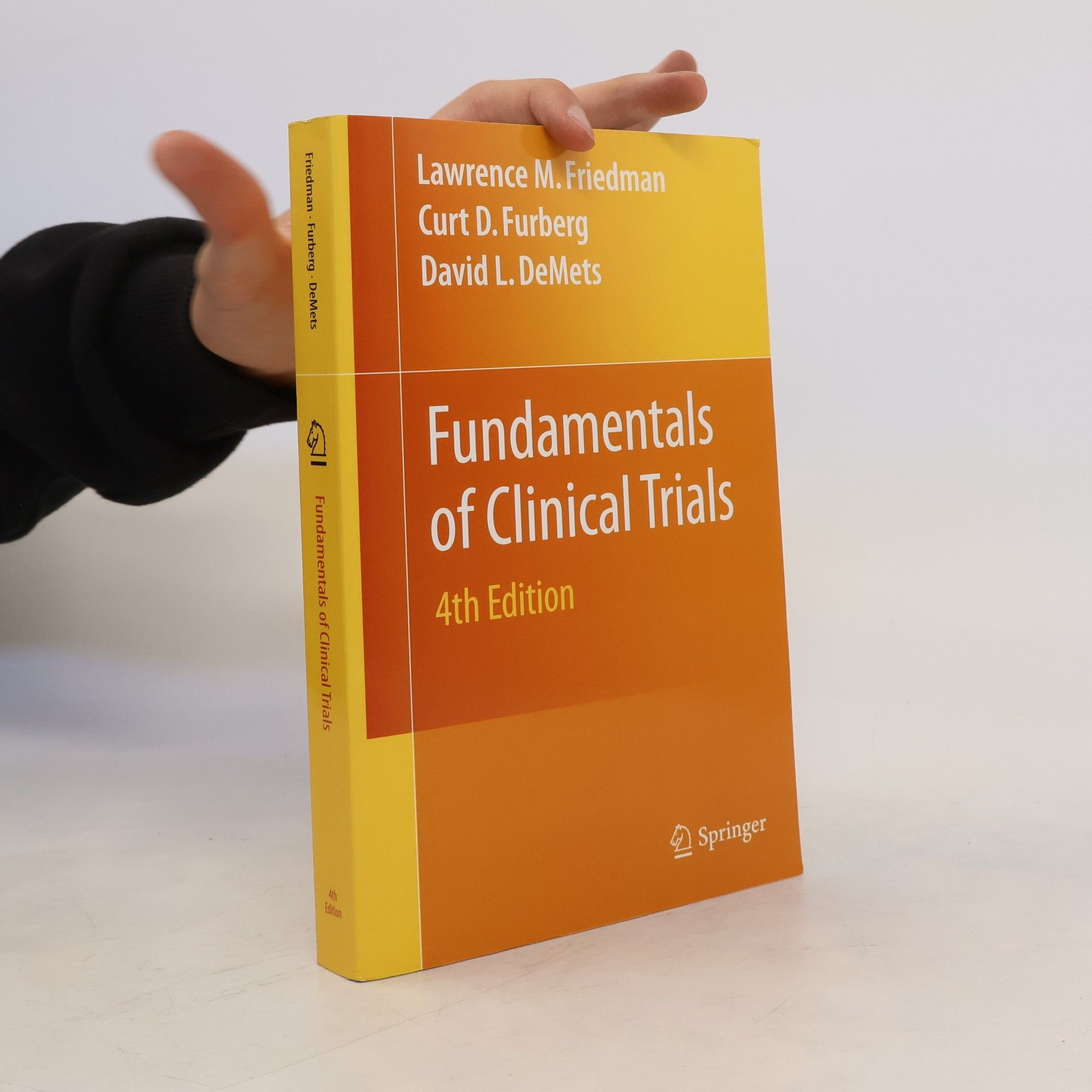Fundamentals of Clinical Trials
- 445 Seiten
- 16 Lesestunden
The clinical trial is “the most definitive tool for evaluation of the applicability of clinical research.” It represents “a key research activity with the potential to improve the quality of health care and control costs through careful comparison of alternative treatments” [1]. It has been called on many occasions, “the gold st- dard” against which all other clinical research is measured. Although many clinical trials are of high quality, a careful reader of the medical literature will notice that a large number have deficiencies in design, conduct, analysis, presentation, and/or interpretation of results. Improvements have occurred over the past few decades, but too many trials are still conducted without adequate attention to its fundamental principles. Certainly, numerous studies could have been upgraded if the authors had had a better understanding of the fundamentals. Since the publication of the first edition of this book, a large number of other texts on clinical trials have appeared, most of which are indicated here [2–21]. Several of them, however, discuss only specific issues involved in clinical trials. Additionally, many are no longer current. The purpose of this fourth edition is to update areas in which major progress has been made since the publication of the third edition. We have revised most chapters considerably and added one on ethical issues.

